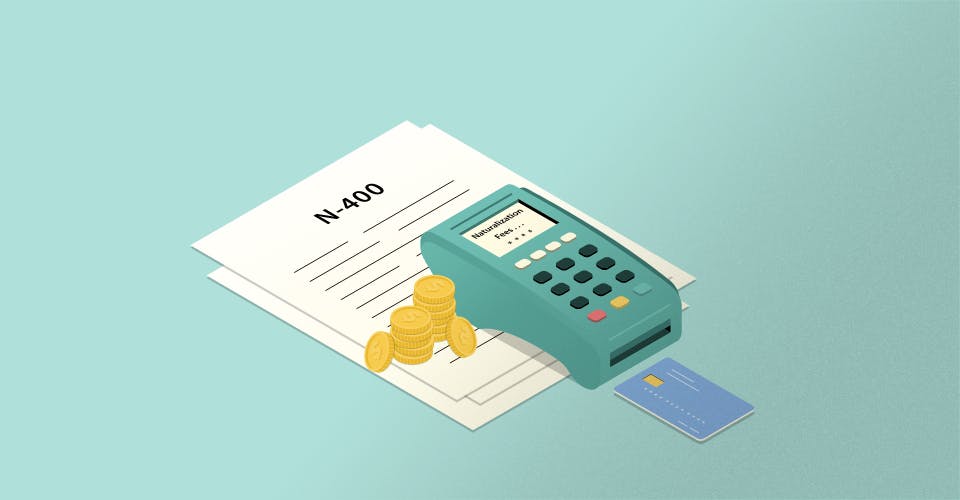Becoming a naturalized citizen of the United States is the next logical step for many green card holders and legal residents in America. It signifies a transition from simply a legal resident with limited rights to becoming a U.S. citizen who is able to vote in primary and presidential elections, as well being granted immunity to certain procedures such as deportation or the possibility of being placed in removal proceedings. It also adds some convenience factor for international travel—you no longer need to worry about the chances that you wont be re-admitted into the U.S. if you have gone through the naturalization process.
However, applying for naturalization via the N-400 is not as simple as just living in the U.S. for 3-5 years and then filing the application. Applicants need to be careful and make sure there are no “red flags” that will lead the USCIS to deny their naturalization application. This blog will be dedicated to understanding what some of these more subtle red flags are.
1. Aiding an Illegal Entry into the United States
Aiding an illegal entry into the United States is not always what it seems from the perspective of the legal resident or green card holder. This is because you don’t have to physically help the individual cross an international border in order to be found guilty of what is officially termed alien smuggling. Instead, if you have simply aided financially or have proposed for a relative to come to the United States illegally, or knowingly assisted a relative who has overstayed their tourist visa in the U.S., this could ruin your chances for becoming a naturalized U.S. citizen.
During your naturalization interview (which is required for every applicant), a USCIS officer will review your entire case and question you as to whether you have relative in the U.S. who are here legally or illegally. Even if you don’t answer this question truthfully, the USCIS can issue an RFE to learn more about your specific case and whether or not you have been involved with a person who has violated immigration law.
2. Committing Fraud on Applications
Another major red flag that is, or could be problematic for legal residents in the United States has to do with housing. It is common nowadays for rental agencies to do a background check on prospective renters before they usually sign a one year lease to live in an apartment building. However, this doesn’t always happen, especially if the renter is subleasing an apartment or has gotten housing through a Facebook or online marketplace.
In such an instance, applicants might think it is easier to say they are U.S. citizens instead of green card holders if the management company or individual is not asking for their SSN (Social Security Number). In general, green card holders need to be aware of this when they serving their three to five year residence in the U.S. prior to filing their N-400 application. This could lead to a rejection of ones naturalization application if they lied on housing applications to sign a rental agreement faster. It could also simply mean that the USCIS issues an RFE to learn more about the immigrants rental history. In general, it is best to go through a legitimate housing management company to avoid these kinds of issues.
3. Left the U.S. while Receiving Public Benefits
Finally, it is common for legal residents to want to visit their loved ones in their country of origin. Living in the U.S means that their family members back home seldom get to see one another. Additionally, travelling internationally is not always convenient (especially during the most recent wave of Covid-19). This means that when green card holders are issued a travel document or fly back home to spend time with their family, they tend to so in longer blocks of time, versus the traditional American holiday which only lasts one week.
The problem is that there is a small section in U.S. immigration law stating that legal residents who are receiving public benefits (such as SNAP, healthcare assistance, housing assistance, etc.) should not leave the U.S. for more than 30 days at a time. If an N-400 applicant shows their I-94 Entry/Exit record to a USCIS officer, and is found to have left the U.S. for longer than a month while in receipt of such benefits, they can have their naturalization application rejected. The easiest way to avoid this problem is by making a travel reservation that is just under the 30 day mark, to ensure there is compliance with this policy.
For more information, please see the following link: https://www.ilrc.org/sites/default/files/resources/app_02a-english2.pdf














